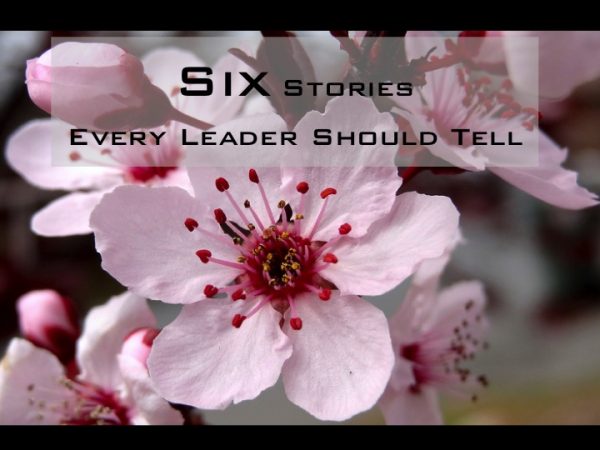Several years ago, my wife Tina and I visited Broadway to see the musical Wicked. This show is a prequel to the Wizard of Oz. Wicked tells the story of Elphaba, the Wicked Witch of the West, and her early history in the land of Oz. Born with an unnatural shade of green, Elphaba is misunderstood and ostracized. When she goes off to school, she ends up rooming with the popular Galinda, later to become The Good Witch. Galinda inspires Elphaba to travel to the Emerald City to meet the Wizard. Elphaba’s only desire is to work with the Wizard, the Great and Powerful Oz. Of course, the Wizard is not so great and powerful. He is in fact a fraud who turns out to be the most insidious sort of evil there is.
The matinee show we attended was packed; the story and the music were superb. To date, twenty-five million people worldwide have seen the live performance of Wicked. Its message is riveting, filled with life lessons.
Yet no one stood up at the end of the show and said, “There are four points you ought to learn and should apply.”
Afterwards, Tina and I went to Starbucks, stared into our coffee cups, and talked about the musical. Powerful lessons of integrity, influence, truth, authenticity, and reconciliation were a part of our discussion. All from a story.
Whoever Tells the Best Story Wins
Annette Simmons’ Whoever Tells the Best Story Wins is the latest in a string of recent books that advance the lesson that Wicked demonstrates: stories have powerful potential to shape people.
Six Stories Every Leader Should Tell
Simmons recommends six stories that every leader should tell:
- Who-I-Am Stories. These are stories that reveal who you are as a person. People won’t trust you if you don’t get personal.
- Why-I-Am-Here Stories. Use stories to explain your agenda and to be authentic. Explain what’s in it for you and for those you lead.
- Teaching Stories. Telling a story that creates a shared experience will be more motivating than just giving someone advice.
- Vision Stories. Describe, through a detailed story, your vision of the future.
- Value-in-Action Stories. Use stories to show a value in action. Hypothetical situations will sound contrived. A true story will make a compelling case for that value.
- I-Know-What-You-Are-Thinking Stories. Use a story to show your listener that you are already aware of their unspoken objections or suspicions — and that you have an answer.
Today’s savvy leader is a good storyteller
This involves having a mental repository of the right stories from which to draw. Stories of success. Stories of times you blew it. Stories of good leaders, and stories of lousy leaders. The oldest form of communication – the story – is proving once again to be an essential tool for influencing and leading people.

Leave a Reply